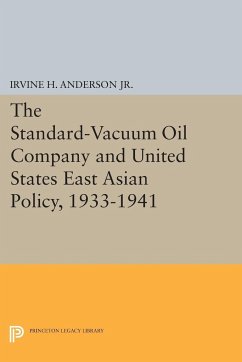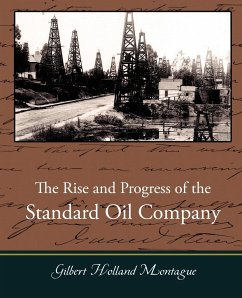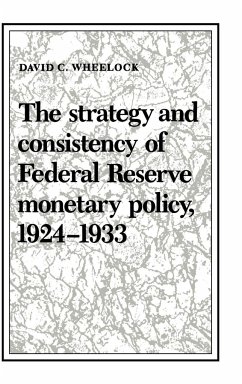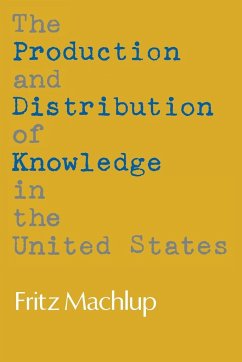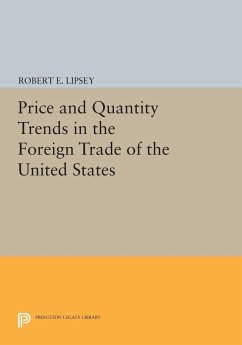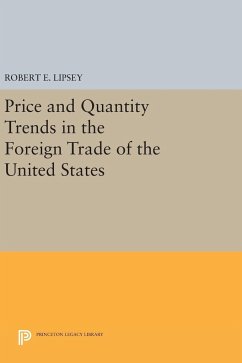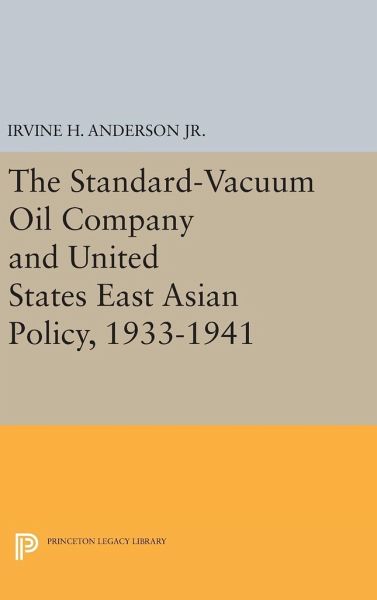
The Standard-Vacuum Oil Company and United States East Asian Policy, 1933-1941

PAYBACK Punkte
41 °P sammeln!
Oil was a basic source of conflict between the United States and Japan. This book examines the role played by the Standard-Vacuum Oil Company in the crisis that led to Pearl Harbor. "Stanvac" was the largest American supplier of oil to Japan and represented the single largest American direct investment in Asia before the war. In the context of Stanvac's relations with various governments, the author examines the ways in which United States petroleum policy was formulated and the arrangements by which Japan sought to increase its oil reserves. He provides new insight into the impact of the fina...
Oil was a basic source of conflict between the United States and Japan. This book examines the role played by the Standard-Vacuum Oil Company in the crisis that led to Pearl Harbor. "Stanvac" was the largest American supplier of oil to Japan and represented the single largest American direct investment in Asia before the war. In the context of Stanvac's relations with various governments, the author examines the ways in which United States petroleum policy was formulated and the arrangements by which Japan sought to increase its oil reserves. He provides new insight into the impact of the financial freeze of July 1941, the origins of the Pacific War, and the complexities of oil diplomacy. Originally published in 1975. The Princeton Legacy Library uses the latest print-on-demand technology to again make available previously out-of-print books from the distinguished backlist of Princeton University Press. These editions preserve the original texts of these important books while presenting them in durable paperback and hardcover editions. The goal of the Princeton Legacy Library is to vastly increase access to the rich scholarly heritage found in the thousands of books published by Princeton University Press since its founding in 1905.



